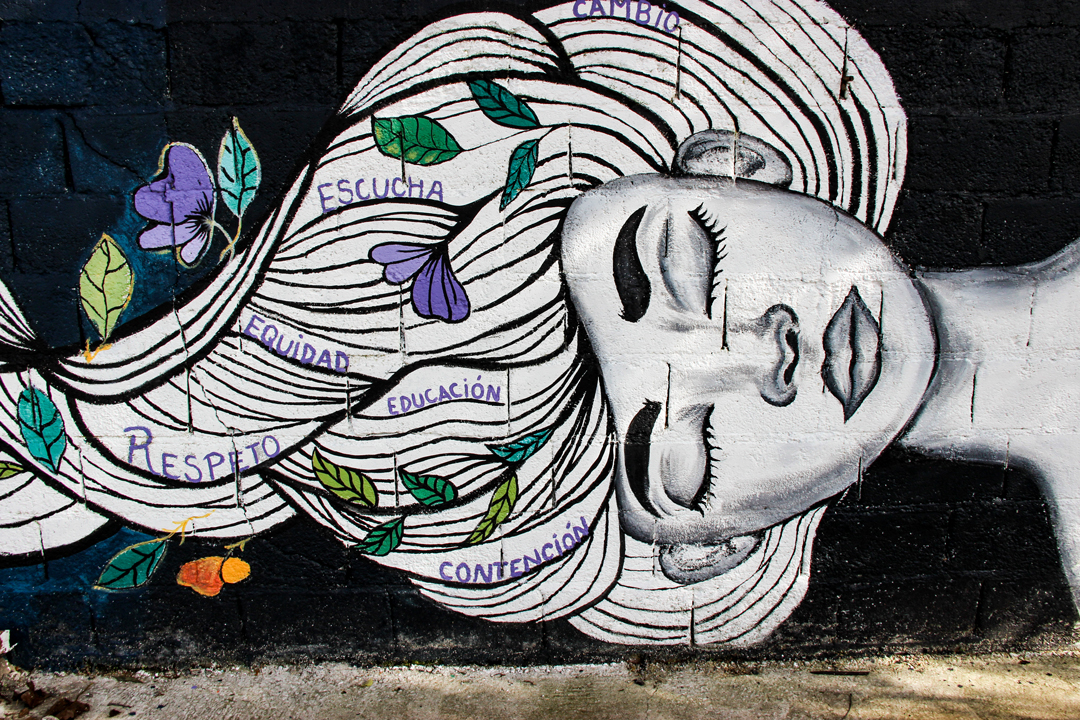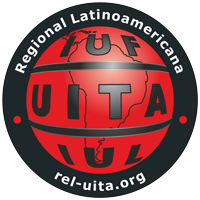The other perspective
The Latin American Women’s Committee of the IUF (CLAMU) is a union space that since the establishment of the Women’s Department at the Regional Office, with nearly 40 years of development, has provided an area for collective construction and participation.
Carlos Amorín
11 | 11 | 2024

Photo: Gerardo Iglesias
Our dear fellow unionist and advisor Gerardo Castillo described it some time ago as an embodiment of a “new unionism.” And he was very on point with that definition. Today CLAMU remains faithful to its labor roots and work, and it builds on them, but its area of influence extends far beyond strictly labor-related issues.
I should say that some of us men also participate in CLAMU’s activities and meetings as guests, although we by no means play a leading role, and, in general, we do not even voice our opinion. In my case, I participate with the feeling that I am witnessing a “calm revolution”.
This space, built and fostered by women workers since the establishment of the Women’s Department at the IUF Regional Office four decades ago, has unique characteristics. It allows women workers to express themselves unhurriedly, without having to follow rigid protocols or pre-established structures shaped by male union practices.
Alongside the struggle for better working conditions, higher wages, and union rights, CLAMU enables and carries out a form of communication and actions that naturally incorporate other aspects of life, including combating violence against women, both in the workplace and outside it, advocating for the rights of LGBTI communities, feminism, standing up against sexual harassment, and opposing all forms of discrimination.
Women —and especially women workers— are the oppressed of the oppressed of the world. For a long time, women were belittled, underestimated, and excluded from the spheres of reflection and decision-making, allowed to speak, but with a voice that was virtually stifled, valued as “partners in the struggle” but with no real influence, relegated to insignificant positions within male-developed structures forged under a sexist and patriarchal culture, that is, made by men and for men.
Much could be said on the subject, but today we are here convened by CLAMU, a space that was able to cut a firm path for itself, embracing many sensitivities and experiences, a space where utopias are clear, in focus, obvious, and so compelling that they can often be summed up in a single word: dignity.
CLAMU also stands out from any other similar experience because it gathers women workers from different backgrounds: from urban and country settings, rural women laborers, industrial women workers, public and private women employees, university-educated women and barely literate women.
And as if that were not enough, it brings together women from every corner of Latin America, with their geographic, ethnic, and cultural diversity. It is, without a doubt, a “new unionism,” and it is also a new and vibrant calm revolution. The kind that poses a “true threat” to those in power and liberates the oppressed, both women and men.
CLAMU is preparing for its upcoming “16 days of activism,” an international mobilization that will begin on November 25, which marks the International Day for the Elimination of Violence against Women, and will end on December 10, Human Rights Day.
Sixteen days that will certainly be worth following and engaging in with great attention and enthusiasm.
